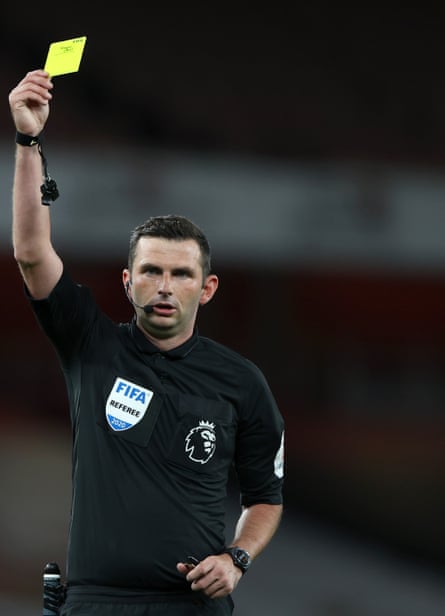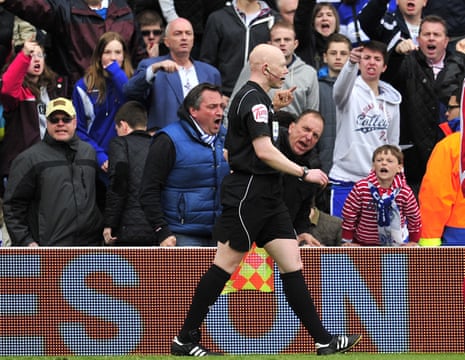It’s the question that fans have been debating ever since the pandemic forced football to be played behind closed doors: is home advantage no longer so advantageous?
Well, perhaps to the chagrin of those fans – and as a limited number of home supporters are allowed back into stadiums – a comprehensive new study suggests that their absence has had barely any impact on results.
This is not to say, however, that the coronavirus has had no influence on what happens on the pitch.
The study finds that, with no fans, referees are far less likely to dole out yellow cards to visiting teams.
An analysis of 6,481 matches, played in 23 professional leagues and 17 countries during the 2019/20 season, found that matches played behind closed doors were only around three percentage points less likely to result in a home win.
The authors of the report acknowledge such fine margins could lead to substantially different league outcomes, such as relegation.
But Professor James Reade, head of the department of economics at the University of Reading, who carried out the analysis with colleague Carl Singleton and Professor Peter Dolton of the University of Sussex Business School, said the data showed that the absence of crowds had not really helped level the playing field for visiting teams, despite what many believe.
“People still think there is a reduced home advantage and that’s seeping into the discussion about the return of fans with people saying, ‘Well, it’s not fair.’ But from what we are seeing here, there is no clear and obvious effect on the match outcomes,” Reade said.

The economists examined a range of outcomes, including goal difference and total goals scored, and concluded that only one – the number of yellow cards issued behind closed doors – was statistically significant.
They found that the absence of a crowd reduced the number of yellow cards issued to a visiting team by between a third and almost half a card per match.
This led them to conclude that, without a home crowd, the social pressure on referees to “punish” the away team more harshly was reduced, leading to “fairer” decisions.
Some have suggested that teams may play differently behind closed doors and that player behaviour, not the decisions of referees, is responsible for the drop in yellow cards issued.
But the study suggests this is unlikely since the final scorelines of matches were not particularly different without fans.

“It does point us to the conclusion that maybe it is a referee effect,” Reade said.
While the reduction in yellow cards being issued might not affect the results of individual matches, it can still have a bearing on where a team finishes at the end of a season.
“If you are picking up more and more yellow cards per game, then you are likely to end up with suspensions and weaker squads, so there is an effect on this even if yellow cards don’t affect the outcome on the day of the match,” Reade said.
The findings have potentially wide implications not just for football but for many sports.
The economists said those running sport businesses had a responsibility to ensure fans, who pay substantial sums for season tickets and TV subscriptions, watch high-quality contests that are neutrally refereed.
Ultimately, though, maybe the main takeaway from the study was that referees, so often the objects of derision, need all the help they can get.
“The study suggests it isn’t that referees are terrible and they need to have more training, it’s that they need to have more support,” Reade said.
“As much as we dislike VAR [video assistant referees] and the way it’s having an impact on the game, one thing it does is slow things down and gives the referee more time to make their decision.”
